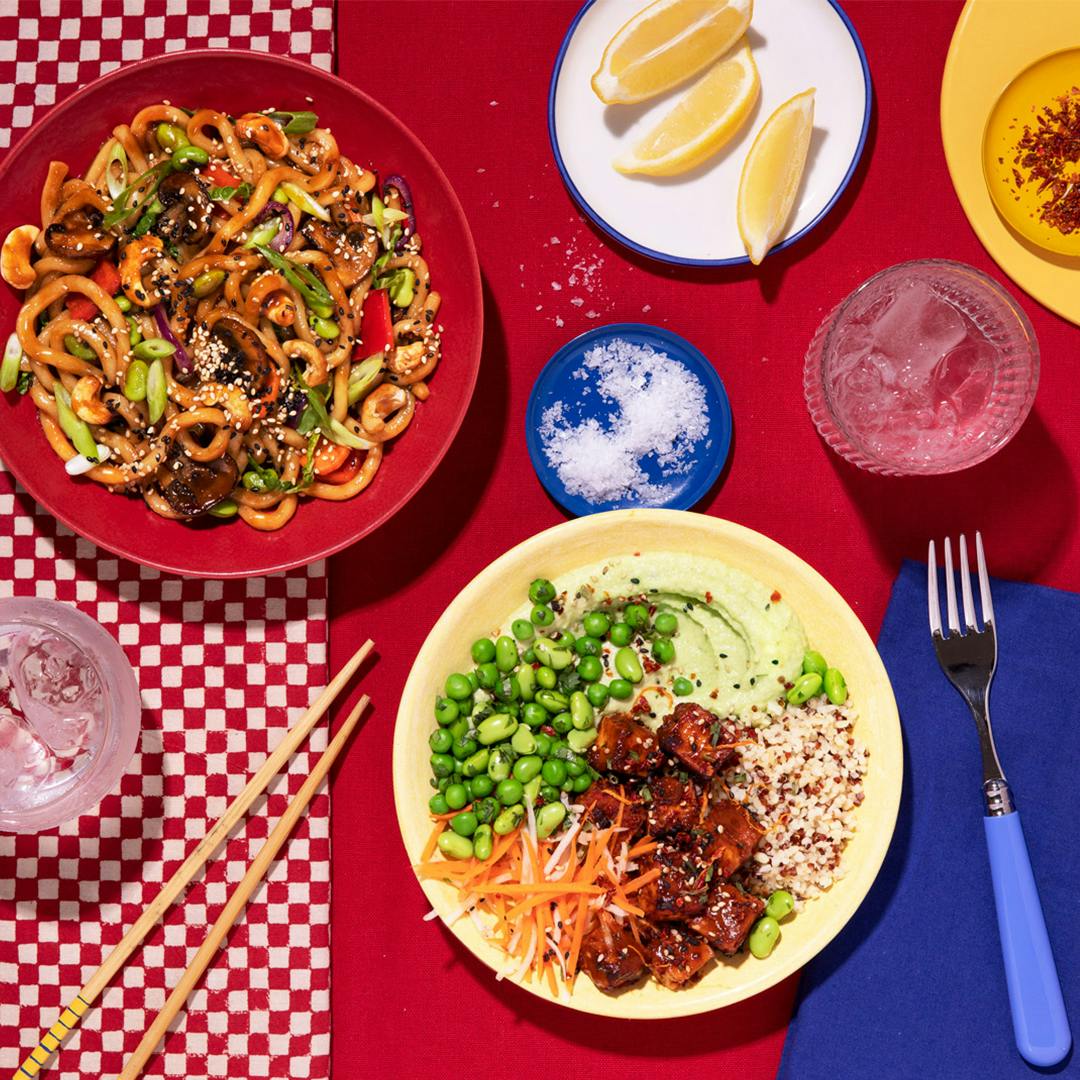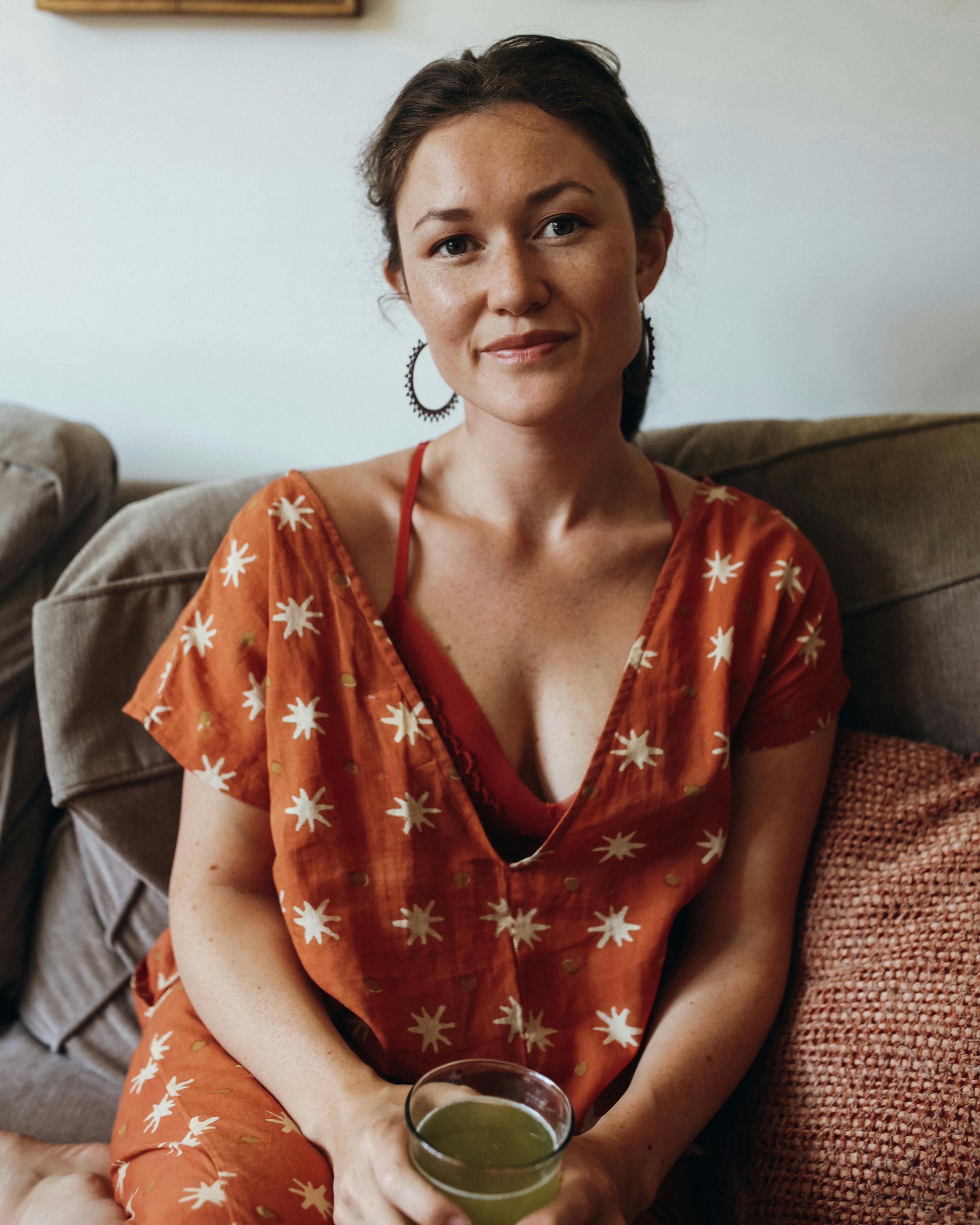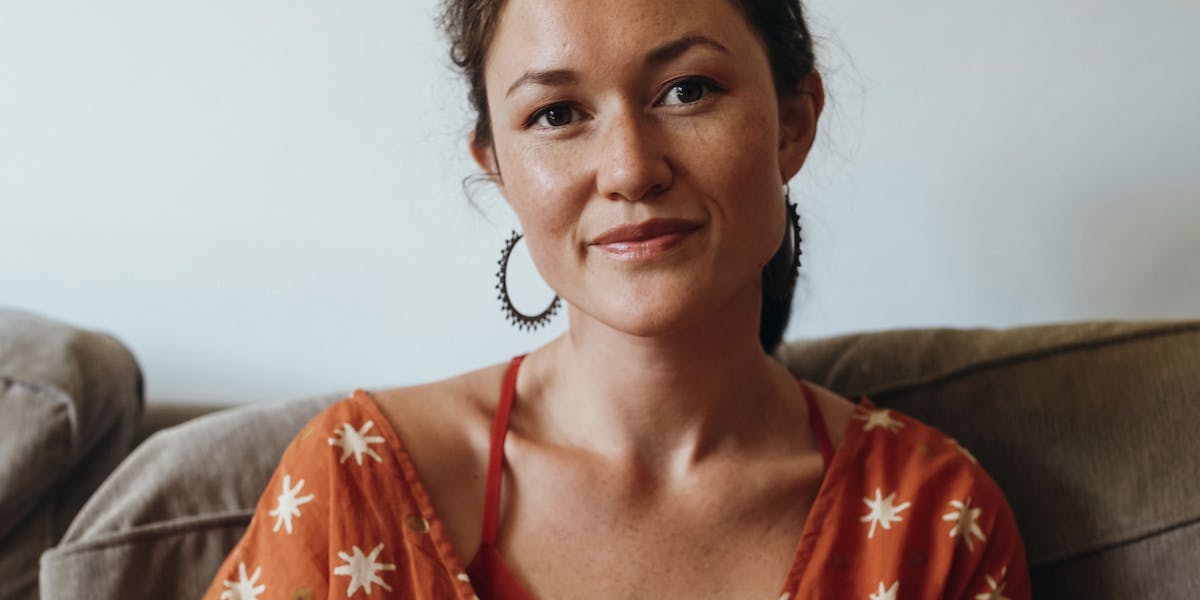Lifestyle
5 Ways to Reduce Your Waste: With Serena Lee
by Emily Harris
9min read
The adoption of a zero-waste and mindful lifestyle has become more accepted in recent years, and is crucial to some individuals. But should this approach to life become standardised, for the health of our planet as well as ourselves? I chatted to London-based wellness blogger and yoga instructor Serena Lee as we take a deep dive into what these terms mean to her, and how we, as individuals, can make a positively-imperfect impact by loving more, and wasting less.
The Lowdown on Zero-Waste
“We need to focus on judging the system, not the individual”.
The term zero or low-waste encapsulates a movement and describes a positive force for good for people and our planet. But it's also often riddled with myths and confusion.
Zero waste is defined by Zero Waste Europe as the “conservation of all resources by means of responsible production, consumption, reuse and recovery of products, packaging and materials without burning, and with no discharges to land, water, or air that threaten the environment or human health”. In more simple terms, this means reducing our consumption to begin with, so things such as food, clothing and packaging aren’t thrown away, destined to rest in a landfill. It also means we reuse as much as possible and recycle everything else. The goal is to concentrate on lessening consumption, which in turn lessens waste produced.
The waste we create as consumers impacts our climate and the future of humankind as we know it. So why aren’t we all zero-waste? Well, we’re here to tell you that it's okay if this change doesn’t happen overnight, and it’s also okay if you do just a few of these things, some of the time. If we all aimed to buy less and reuse more, the impact on our planet (and bank accounts!) would outweigh the impact of one person living a zero or low-waste lifestyle 100% of the time.

Making Mindful Choices
“For me, living slowly and mindfully really just means doing the best that we can, with the knowledge that we have, and the privilege that we hold”.
If we continue to consume and discard as we do, well, you’ve seen David Attenborough’s A Life On Our Planet (and if you haven’t, we recommend you do). The world produces 2.3 billion tonnes of waste each year, which is a disproportionately large figure. As you’re reading this, no doubt you’re aware by now that plastic is one of man’s most innovative, yet destructive, inventions. As reported in 2017, plastic weighing the equivalent of one billion elephants has been created by humans since 1950, where most of that plastic has ended up in a landfill. This gruesome statistic begs the question of how many elephants could be added to that number in the past four to five years since.
Food waste is another huge enemy to our planet. Ever wondered about the stats behind that bag of sad-looking salad you threw out last week? Well three years ago Tesco, via the government’s waste advisory board, Wrap, reported that 40% of all salad bags in the UK are binned: “Britons throw away around 37,000 tonnes of salads from their homes every year – the equivalent of 178 million bags" – mega.
In our article What To Do With Leftover Fruit, we shared that in the UK, over 2 million tonnes of fresh produce is wasted each year through the supply chain alone which is the equivalent of four Burj Khalifa’s (the tallest building in the world). We also shared that in UK households, we create 6.6 million tonnes of food waste each year. 13% of all of our food and drink purchases are also wasted, which averages to a cost of £500 per year per household! You can check out our Content Marketing Assistant Fabian’s article on 7 Unexpected Ways to Use Leftover Bananas for some ideas on how to use up one of Britain’s favourite fruits.
These really are concerning statistics, so should we be passing blame? While there are aspects of truth to societal as well as individual reasons for consumerism, there are actions we can take as individuals to make more mindful choices in order to consume and waste less, while loving and reusing more.

Talking with Serena
I chatted with Serena about what it means to live plant-based and low-waste. This starts by making more mindful lifestyle choices like extending the life of what we already own and preserving fresh food for longer, helloooo freezer! (We love freezers.) Consuming less and preserving more will ultimately contribute to the longevity of our planet, and the health of its people.
What does living slowly and mindfully mean to you?
It means learning how to consume and live less “immediately”, taking into account the circumstances that I’m in. I live in London and have a young family, so we’re never going to be zero waste or completely self-sufficient, but we do our best to resist the temptation of convenience that’s in every corner of our modern lives – be it food, fashion, or domestic life. I think it’s really important to acknowledge the privilege required to live more slowly in the city – generally, living more slowly requires more time. Having that time really is a privilege, as is being able to choose more ethical options when we need to buy something new. For me, living slowly and mindfully really just means doing the best that we can, with the knowledge that we have, and the privilege that we hold. This will look different from one person to another, and it’s why we need to focus on judging the system, not the individual.
When it comes to reducing food, clothing, and waste in general, how would you recommend people start?
Clothing has to be the easiest thing of the three – wearing what’s already in our wardrobes is free! It doesn’t take long to learn really basic mending skills, and mending materials are available in charity shops, the local tailor, or online, and are all quite affordable. If a piece of clothing is unloved but still wearable, try giving it to a friend first so that it’s definitely getting a second lease of life. A swap shop if there’s one taking place near you (or host your own!). Textile recycling bank if it’s beyond repair.
When buying new, charity shops are fantastic, as are thrift shops, and of course there are apps like Depop, Vinted, and eBay. There are also plenty of clothing brands producing garments from recycled materials now – Finisterre, for example, is doing a great job.
Regarding food, composting or a wormery is brilliant if you have a garden or even a balcony garden – it’s where all our scraps go. Reducing waste in the first place is even more important! Planning meals ahead is key, and the freezer is my best friend. I freeze all sorts, including cabbage and when tangerines have gone a bit old and dry, and throw them in smoothies. Oh, and when boiling veggies, the cooled water is nutritious for houseplants!
You mentioned that your journey towards a conscious lifestyle began back in 2013, what was the turning point or key factor towards living and consuming more mindfully for you?
In December 2012, there was a moment when I was sitting with my family in Malaysia, and my auntie was in the middle of sewing up some of my cousin’s old underwear to give to my grandma, even though they easily have enough money to buy new ones. While sewing, my auntie complimented my top and asked how much it was, and I felt this wave of guilt that I’d spent £36 on this synthetic thing from Miss Selfridge that I knew I would only wear a couple of times. That was definitely the a-ha moment. But it took a good few years of caring, forgetting, caring again, deciding I wasn’t rich enough to live ethically, etc etc, before dumping my excuses and really trying my best.
What’s your one golden piece of advice you’d give to someone looking to reduce their environmental impact in general?
Eat a vegan diet – we can lower our environmental impact by just choosing not to eat animal products.
Serena’s 5 Tips to Reduce Your Waste
1. Freeze, blend, enjoy
Freeze leftover vegetables, fruit, even things like broccoli stalks. I’m a firm believer that anything can be smoothie-d. Just add dates to make up for any unsweet flavour
2. Investing sustainably in our future
I also just recently learned that our pensions often fund some really unsustainable things, and can’t believe I never knew this before. I was introduced to a nonprofit campaign called Make My Money Matter, which is a great resource for learning about the effect our pensions can have on the environment, and how to make a more positive impact.
3. Clothes with holes? Patch ‘em up
Get into patching. I think patching clothes is so cool. It tells a story. My stories are generally quite boring, like “I stirred the nut butter jar too vigorously and this patch is hiding a big oil stain”. But clothing that’s unique is so loveable, and we should be proud of our handiwork.
4. Weave some low waste love into your socials feed
Find people in the low-waste game to follow on social media – there are plenty of inspiring people out there! Zero Waste Doc, Wasteland Rebel, Tickover, and zero-waste chef Max La Manna are some I’m inspired by.
5. Reusable food storage
This is so boring, but last year I finally invested in a nice set of glass food storage containers with sealed lids for the fridge. It’s encouraged me to keep leftover meals in the fridge and they actually keep fresh... which is new to me. The fact they’re a set and I can identify the lids properly, as opposed to the years of random mismatched containers with missing lids, is a gamechanger.
Have any of your own tips for reducing our waste and living more mindfully that you’d like to share? Drop us a comment below, we’d love to hear.
By Emily Harris
Emily is our Social and Content Assistant who you’ll find at an art gallery, snapping away on her camera, or updating her Instagram with a gin in hand (so millennial).
Let us take care of dinner
We help to make eating more plants easy and delicious. Fancy letting us take care of dinner? Check out our delicious meals here.
Shop now
